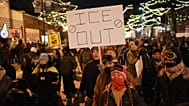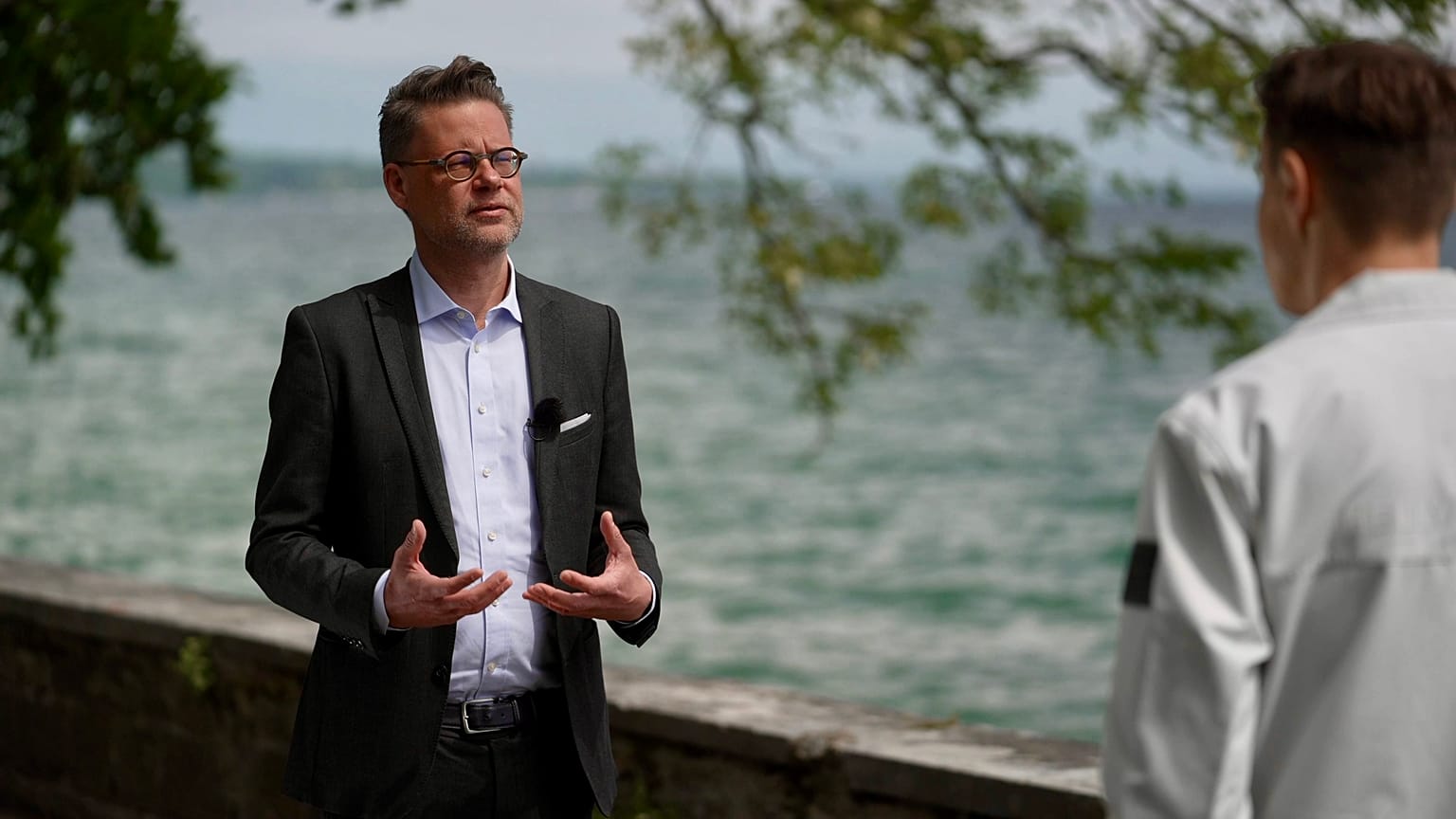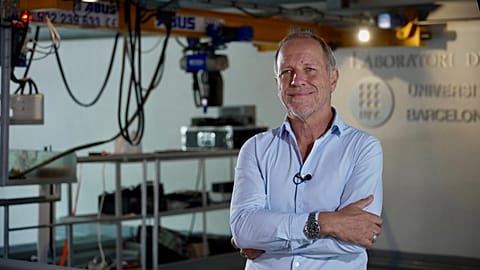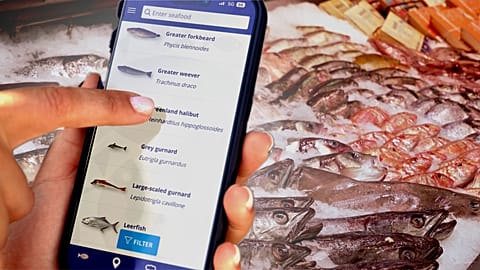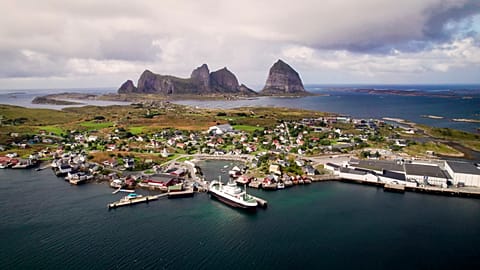Christian Bueger, a Professor of International Relations at the University of Copenhagen, explains the challenge Europe faces in ensuring the safety of its offshore critical infrastructure.
Many aspects of our daily lives, such as accessing the internet, completing financial transactions, and using energy, depend on hidden subsea cables and offshore infrastructure.
Incidents like the Nord Stream explosion in September 2022 have prompted the European Union and NATO to develop plans to improve security. But, reaching a consensus on responsibilities and funding remains a challenge.
Christian Bueger, a maritime security expert and a Professor of International Relations at the University of Copenhagen has co-authored an investigation of security threats to undersea cables and infrastructure.
In an interview with 'Ocean' in Geneva, he highlighted the significance of offshore infrastructure and the potential risks involved.
"A lot of our contemporary life is based on subsea data cables and they transport about 95% of our data. The internet does not come from the sky, as many people think. Yes, satellites have a role to play, but almost everything is transported through these garden hose-size cables on the ocean floor" said Bueger.
"Cables, both data cables and electricity cables fail all the time. The sea is a harsh environment, so it happens on a daily basis that cables fail. And usually, we don't recognise that at all, because they're repaired relatively quickly" he also said.
"But now we live in a different environment where these cables might be deliberately targeted by adversary states so, hostile actions.
"Often this will not imply a full-fledged act of war... the Nord Stream incident is a very good example of that, we still do not really know who did it or how it was carried out.
"Now, this is the main threat, or these are the main scenarios — that our infrastructure at sea will be attacked at a larger scale without us knowing who did it, how it happened as well as us lacking the capacity to make repairs as quickly as we would need to. And for this, we basically need to think about alternatives and stepping up our game in protecting maritime infrastructures" he added.




